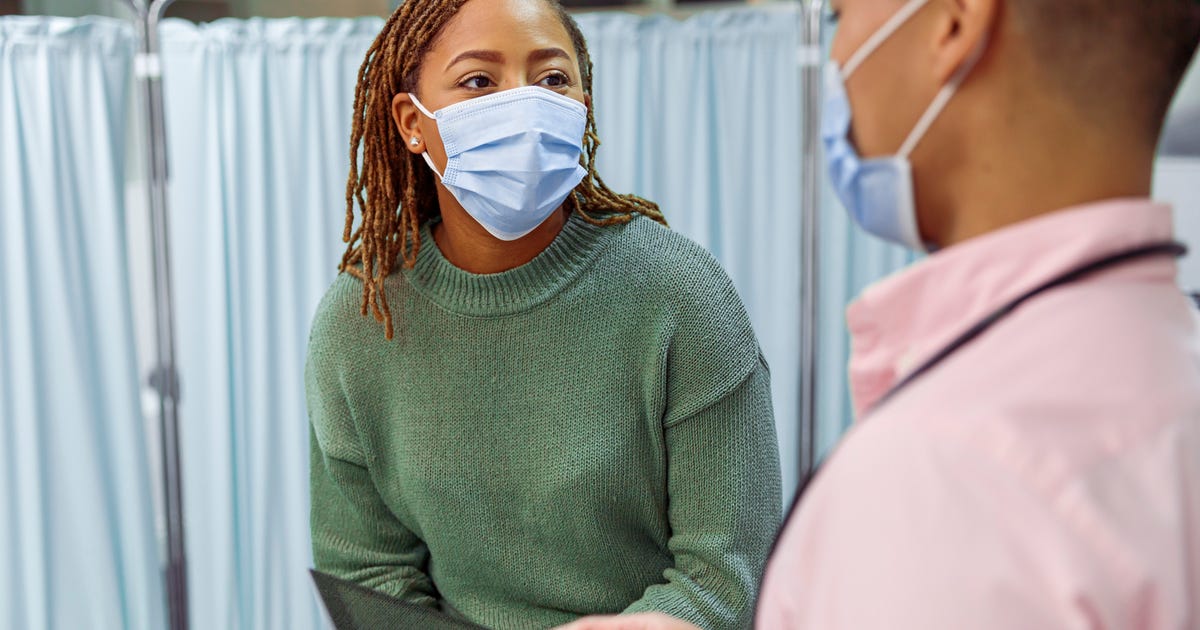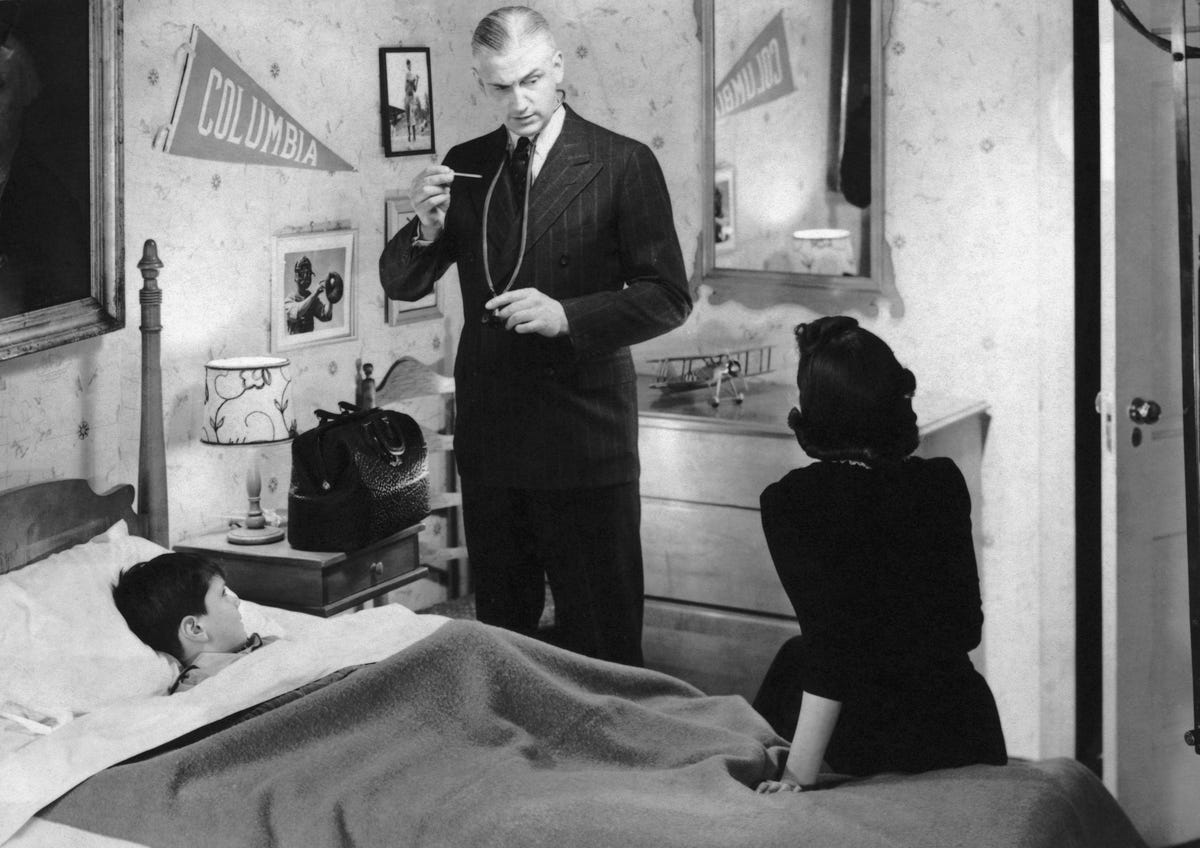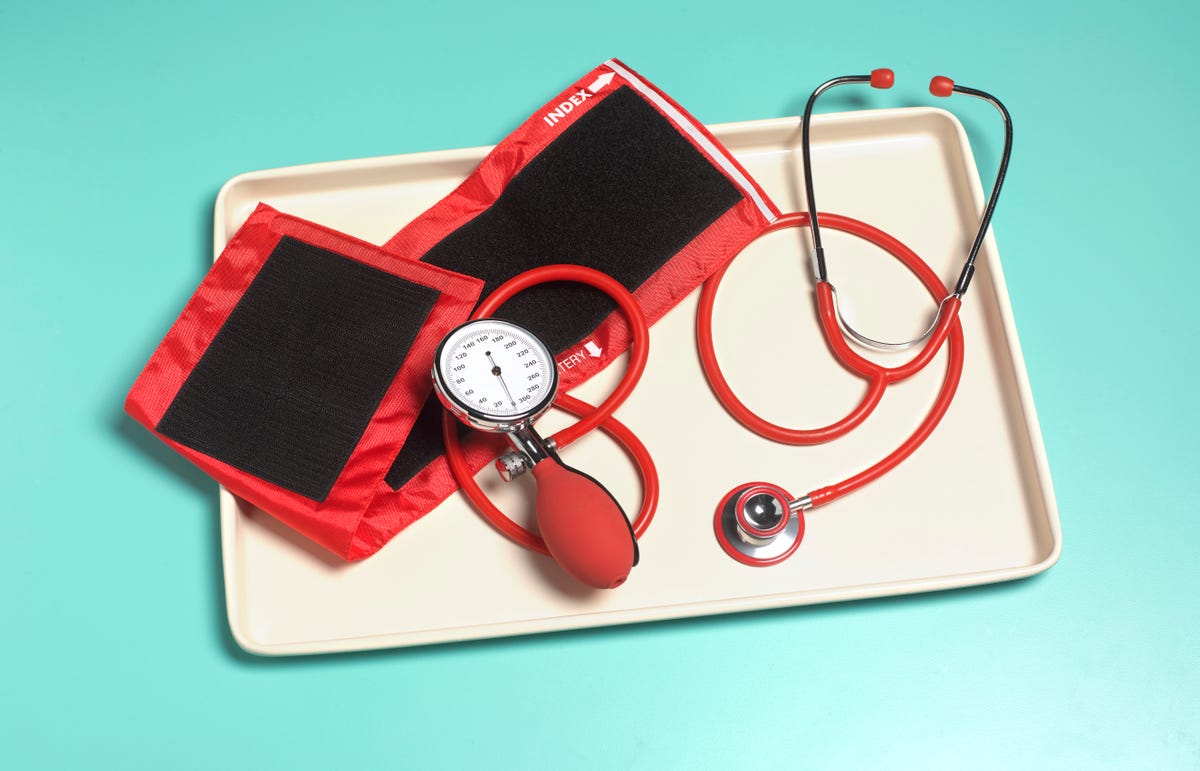
Most of us can relate: There’s that minor pain or nagging feeling somewhere in your body that’s led you, at least once, to the thought, “I better get that checked out.” Or maybe you already know the diagnosis, but you’ve been putting off follow-up care for diabetes, high blood pressure, a mental health condition or an addiction.
Yes, the pandemic has disrupted primary care and caused people to put off non-virus related health care, but many people have been avoiding preventative health care for a long time. Some reasons for avoiding a visit might include, but aren’t limited to:
- Fear of medical costs.
- Limited time or feeling too busy with work or home life.
- Negative past experiences with a medical provider, including racial prejudice and weight-shaming.
- Lack of access to health care.
- Fear of medical diagnoses and health care anxiety.
- Avoiding care after engaging in activities that carry a greater health risk, like heavy drinking.
The heavy hand of procrastination doesn’t discriminate when it comes to our health, but your health and well-being are the last things you want to downplay or put off. And while the growing body of wearables, smart watches and new health gadgets can offer great insight into what could be going on in our bodies, a signal that something might not be quite right is meaningless unless you act on it and find the right care.
Here’s why you should get a checkup this year, which screenings might be best for you, and how to cut corners if you don’t have a go-to doctor.

House calls are a thing of the past, but virtual doctor’s visits can make scheduling the first appointment that much easier.
Getty Images
Dealing with medical anxiety
Some people have health anxiety, and a sense of urgency about their health may prompt them to make more trips than they even need to the doctor. But on the other side are people who put off getting a test or going to a doctor because they’re afraid of the results, or they’re afraid they’ll be judged by their provider.
As many as one in three Americans avoid medical care, even when they suspect they might need it, according to the Cleveland Clinic. This is for a variety of reasons: fear of catching a virus at the doctor’s office, fear of getting bad news about your health after you’ve been using substances like drugs or alcohol, fear of a cancer diagnosis, and much more.
The first step to getting over worries like these is narrowing down the root of the fear. Are you worried about the results of the blood test? Imagine a sense of relief once you get your results, knowing that the same blood is pumping through you whether or not you go in for the test. Other people may have an easier time at a medical appointment when another person comes with them, when they make a telemedicine appointment instead, or when they tell their doctor exactly what they’re fearing.
Do you need a primary care doctor?
Having a primary care doctor is a big benefit when it comes to general wellness and preventative care. It’s helpful to have a provider with whom you feel comfortable sharing your health details and who can recommend specific activities or diets and order tests when needed, all based on your individual health. If you have insurance, it’s worth shopping around for a primary care doctor. Start by calling your health insurance company or using its online “find a doctor that accepts my insurance” resource.
If you don’t have a regular doctor, or aren’t able to establish a new relationship with one, some of the screenings we discuss below may be offered at local health clinics or walk-in centers. Such facilities may take up-front payments instead of insurance and can be cheaper options for the uninsured. Telemedicine or virtual appointments might also be an option, but check ahead to ensure the service will allow you to address what you want.
Here’s more information on how to save money when you don’t have health insurance, and here are tips for trimming down your medical bill when you are insured.
Screening for the most common contributors to early death: high blood pressure and diabetes
If you haven’t been to the doctor in a while and aren’t sure where to begin, getting your blood pressure and sugar levels checked is a great start. Heart disease and diabetes are some of the top chronic illnesses in the US, and both can cause complications that lead to early death.
High blood pressure, or hypertension, often has no symptoms and people can go years without realizing their blood pressure is dangerously high.

Getty Images
Cancer screening
Cancer was the second leading cause of death in the US in 2020, behind heart disease, according to the US Centers for Disease Control and Prevention. Screening for cancer helps catch it early, when treatments are more effective. Some cancer screenings, such as a Pap smear for cervical cancer and the screening for colorectal cancer, detect precancers, which can be removed before they advance into cancer.
Which cancer you should be screened for depends on your age, family history and individual risk factors, but the top five most common cancers in 2020 were breast, lung-bronchus, prostate, colon-rectal and skin (melanoma).
- Most people should start screening for colorectal cancer at age 45.
- Mammograms for breast cancer are typically recommended starting in your 50s, but some people would benefit from getting tested earlier — for example, if there’s a history of people with breast cancer in their family.
- You should get a screening for skin cancer if you notice a new mole or blemish that seems different in color, asymmetrical in shape or otherwise off.
- A lung cancer screening requires a low-dose CT scan and is recommended for adults with an extensive smoking history.
- Screening for prostate cancer includes a blood test called the PSA test, and most men will benefit from a prostate test in their 50s and 60s, according to Johns Hopkins Medicine.
Finding mental health care as an adult
Feeling sad or hopeless, being unable to cope with daily stress, feeling like you’re a burden to others or experiencing excessive worry are all symptoms of a mental health disorder such as depression or anxiety. The more researchers learn about the brain, the better they understand how mental health is an extension of our physical health and impacts our physical health; home and work life; sense of well-being and more.
If you’re an adult who’s never tried it before, finding a therapist or someone to talk to might sound daunting, but you probably have more options than ever before, thanks to virtual services and a growing awareness of mental health. Here’s a list of online therapy services, and here are some tips for finding mental health care when you’re worried you can’t afford it.
The information contained in this article is for educational and informational purposes only and is not intended as health or medical advice. Always consult a physician or other qualified health provider regarding any questions you may have about a medical condition or health objectives.
